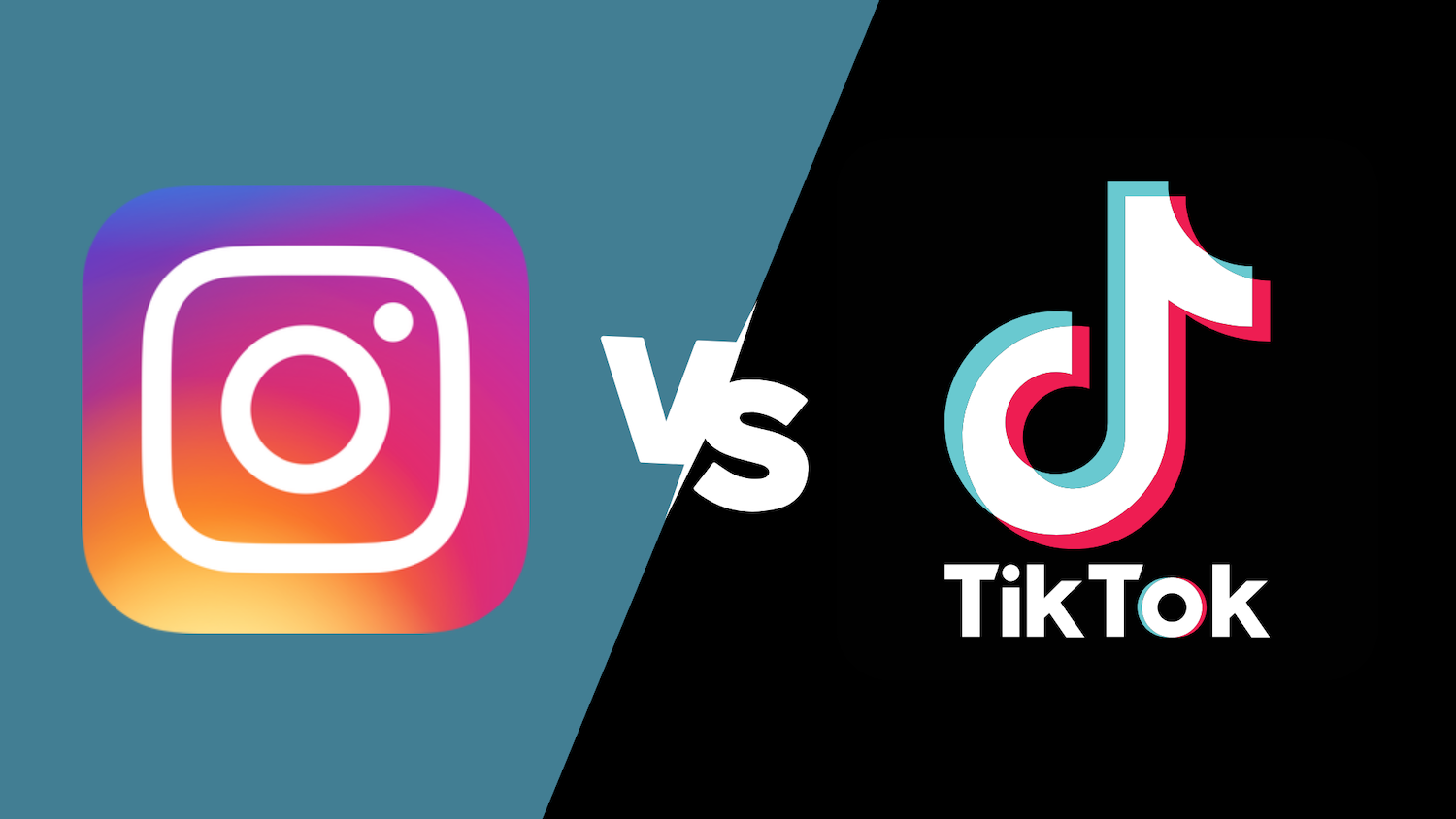Your cart is currently empty!

Social Media Addiction:
•
Should Governments Regulate TikTok and Instagram?
In today’s digital world, social media addiction is a growing concern. Platforms like TikTok and Instagram keep users engaged for hours through endless scrolling, dopamine-triggering content, and AI-driven algorithms. As a result, many people—especially younger audiences—struggle with excessive screen time, mental health issues, and reduced productivity.
How Digital Privacy Is Being Addressed in 2025
This has led to a heated debate: Should governments regulate TikTok and Instagram? While some believe regulation is necessary to protect mental health and online well-being, others argue it violates free speech and personal choice.
Let’s explore the impact of social media addiction, potential regulations, and the ethical concerns surrounding government intervention.
1. The Growing Problem of Social Media Addiction
Social media platforms are designed to be addictive. Their algorithms prioritize engagement over well-being, keeping users online longer.
How Social Media Triggers Addiction:
- Endless scrolling: Infinite content loops keep users engaged.
- Dopamine hits: Likes, comments, and shares create a reward system.
- Personalized algorithms: AI-driven content feeds make it hard to stop.
- Fear of missing out (FOMO): Users feel pressured to stay connected.
Negative Effects of Social Media Addiction:
- Mental health issues: Anxiety, depression, and low self-esteem increase.
- Reduced focus: Excessive screen time decreases attention span.
- Sleep disruption: Late-night scrolling leads to poor sleep quality.
- Cyberbullying exposure: Young users are at higher risk of online harassment.
Because of these risks, governments are now considering stronger regulations on platforms like TikTok and Instagram.
2. Should Governments Regulate Social Media Platforms?
The debate over government regulation of TikTok and Instagram raises critical questions about mental health, free speech, and digital responsibility.
Arguments for Regulation:
Protecting mental health: Studies show a link between social media and anxiety.
Limiting harmful content: Regulations can reduce cyberbullying and misinformation.
Protecting children and teens: Stricter rules can limit screen time and addictive design.
Holding tech companies accountable: Platforms profit from engagement but avoid responsibility for harm.
Arguments Against Regulation:
Free speech concerns: Government control may lead to censorship.
Personal responsibility: Users should manage their own screen time.
Tech industry backlash: Regulations could limit innovation and platform growth.
Difficulty in enforcement: Controlling global platforms is challenging.
While some support regulation to reduce addiction, others argue that it could restrict digital freedoms.
3. Possible Government Regulations on TikTok and Instagram
If governments intervene, what types of regulations could they impose?
1. Screen Time Limits
- Enforcing daily screen time caps for users, especially minors.
- Prompting breaks to encourage healthier social media habits.
2. Algorithm Transparency
- Requiring social media platforms to disclose how content is ranked.
- Limiting addictive design tactics like auto-play and infinite scrolling.
3. Age Restrictions & Parental Controls
- Stronger verification for underage users.
- Allowing parents to monitor or limit usage.
4. Mental Health Warnings & Digital Literacy Education
- Mandatory in-app warnings about excessive use.
- Integrating digital wellness education into schools.
Some governments are already implementing restrictions on TikTok and Instagram. But will they work?
4. Case Studies: Countries Taking Action
Some governments have already begun regulating social media platforms to combat addiction.
China’s TikTok Regulation (Douyin)
- Limits screen time for users under 18 to 40 minutes per day.
- Blocks late-night access to reduce sleep disruption.
- Promotes educational content over entertainment.
EU’s Digital Services Act
- Forces tech companies to be more transparent about algorithms.
- Requires stronger content moderation for harmful material.
US Proposals for Social Media Regulation
- Lawmakers have suggested banning TikTok over national security concerns.
- Some states are exploring laws to limit teen access to Instagram.
These examples show that governments are increasingly intervening in social media policies.
5. Can Tech Companies Self-Regulate Instead?
Instead of government intervention, should social media companies regulate themselves?
Steps Tech Companies Could Take:
Providing built-in screen time controls and usage reports.
Offering wellness reminders to encourage breaks.
Reducing engagement-driven algorithms that prioritize addictive content.
Promoting digital wellness content on their platforms.
While self-regulation could be a solution, critics argue that tech companies prioritize profit over public well-being.
Final Thoughts: Should Governments Regulate Social Media?
Social media addiction is a growing problem, and TikTok and Instagram have undeniable effects on mental health. While regulation could help, it also raises ethical concerns about government control over digital spaces.
https://www.amnesty.org/en/latest/news/2025/01/us-tiktok-ban-wont-solve-big-tech-harms/





